The family and property have special relationship. Family farming provides food and money for the family, as well as preserving, transferring, and renewing locally unique knowledge and conserving and making sustainable use of biodiversity. Women Business Hub is focused on real actions that will strengthen procedures aimed at family farming. Using a Gender Action Learning System, the organization is constructing a concrete gender and social inclusion platform. The system will be directed by the community and will employ participatory processes and tools to provide women, men, and youth more control over their lives as a basis for individual, family, community, and organizational progress. The major focus is on analyzing and breaking down gender barriers, as well as altering gender-based disparities at the individual and family levels. Beneficiaries will be given a set of skills that will enable them to be effective in evidence-based advocacy for family farming, strengthening the ability of family farmers, particularly women and youth. By Ivy Muhula - Programmes Manager.
Women Business Hub is a gender responsive CBO with a Mission to empower women and girls through inclusive entrepreneurship, advocacy, and capacity-building programs that advance gender equality, promote sexual and reproductive health rights, and uphold the right to bodily autonomy. Our vision is a world where every woman and girl enjoy equal opportunity, economic empowerment, and full autonomy over their bodies, lives, and choices—free from discrimination, violence, and systemic barriers.
Wednesday, November 30, 2022
Friday, November 25, 2022
SEED4PF Project in Kenya funded by LDS Charities
Women Business Hub promotes vertical vegetable planting among low-income households since it has the potential to drastically reduce agriculture's environmental impact. It reduces the amount of water and land required to produce the same or more veggies for homes. It also reduces the need for long-distance transportation and the application of herbicides and insecticides. With the help of the Church of Jesus Christ of Latter-day Saints Charities, the Women Business Hub is addressing food insecurity through vertical farming.
Wednesday, November 23, 2022
Working with leaders of community-based organizations to comprehend problem tree analysis in project design and management.
Women Business Hub - teaches community-based organization leaders how to use problem tree analysis, a visual problem-analysis tool that assists organizations in specifying and investigating the causes and effects of a problem, as well as highlighting the obstacles faced by their beneficiaries."
"The problem tree can be employed in ongoing projects as well as in the creation of future community development activities." The problem tree is completed at least twice in ongoing projects. It is done first before heading into the field to analyze the project's view of the major problem and its causes. The problem tree is then shared with the community to see if everyone has the same impression of the problem. Quite often, the disparity between the two conceptions is one of the most significant barriers to the successful completion of the project's objectives.
Wednesday, November 9, 2022
Vertical Vegetable Farming: Food Security Strategy and Future Direction on Self-Reliance for Kenyan Poor Families
The majority of agricultural land in western Kenya is constantly moulting. However, innovative technologies are emerging to address the issues posed by overpopulation, water scarcity, climate change, labour shortage, and urbanization, which is reducing arable land. Vertical farming is an intensive method of boosting food production on less space by cultivating and producing crops in vertically stacked layers and vertically inclined surfaces.
To grow food in cities, such
farms must be developed, which takes up less space and saves time that would
otherwise be spent transporting food from rural areas to cities. Vertical
systems are becoming increasingly popular in the market, and comparable systems
are used in aeroponics/stacked containers. Vertical agriculture is a topic that
is frequently debated in the industrial and scientific circles.
Vertical farming as a concept was
established in 1999 by Dickson Despommier at Colombia University as a result of
technological developments. Vertical farming has the potential to alleviate
environmental challenges by allowing more food to be produced with fewer
resources, including reduced water requirements (through water recycling). This
faming is quickly gaining traction in the scientific and industrial spheres
(Al-Chalabi, 2015). Women Business Hub is a community-based organization that
promotes the Vertical Farming Concept to solve food insecurity.
At Women Business Hub, We Have Outlived the Saying: Don’t Give a Man a Fish! Teach Them How to Fish.
Ladies and gentlemen, Friends and partners in empowerment, For centuries, we have repeated the proverb: “Don’t give a man a fish; teach h...

-
Community organizations and networks are uniquely positioned to interact with affected communities, respond quickly to community needs and i...
-
AMREF Health Africa developed the Organizational Development and Systems Strengthening (ODSS) curriculum to address the capacity needs of Ci...
-
Women Business Hub is working on strategies to assist low income young farmers and Key Populations in marketing their produce at an afford...
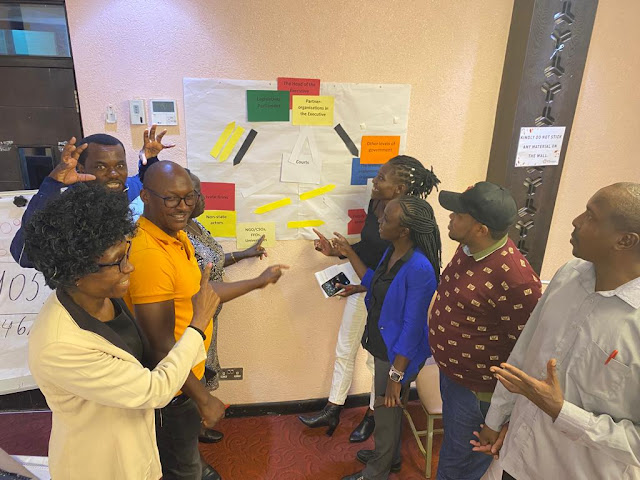
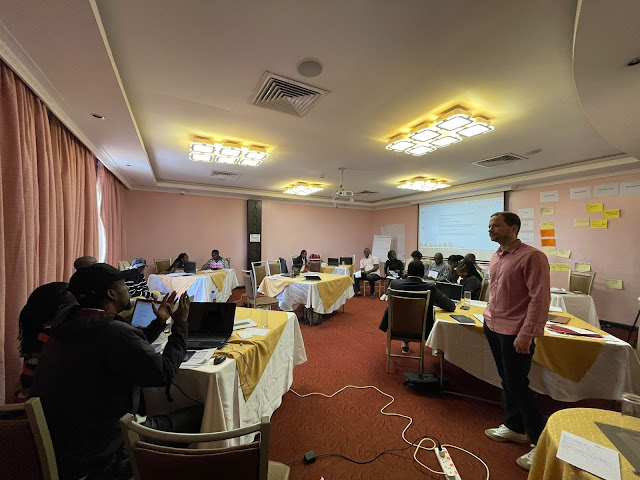

.jpeg)

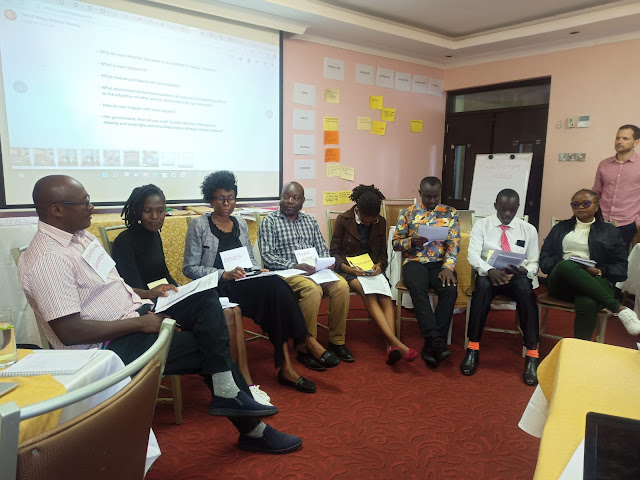










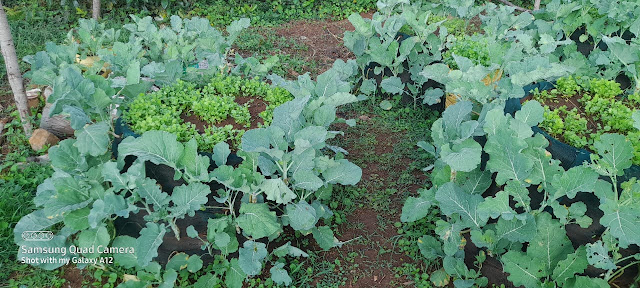




.jpeg)

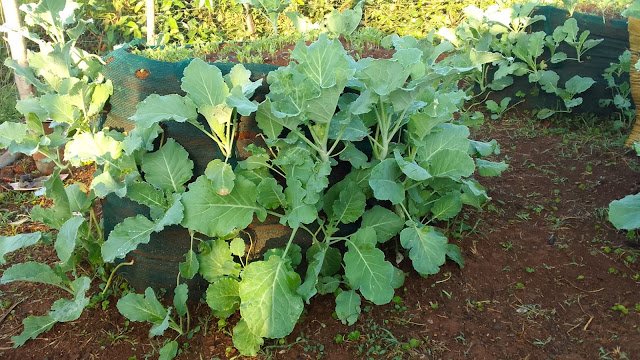




.jpeg)

.jpeg)

.jpeg)
.jpeg)

.jpeg)
.jpeg)

.jpeg)
.jpeg)

.jpeg)
.jpeg)
.jpeg)



